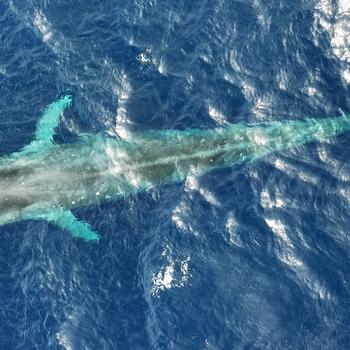Since the COVID-19 pandemic began, countries around the world have been shrinking or eliminating areas set aside to protect nature — some to drill for fossil fuels, others for urban development.
Yet the environmental rollbacks that some governments claim could help humanity recover economically from the coronavirus could put humanity more at risk of future pandemics, writes Rachel Golden Kroner in a recent article in Scientific American.
“We know that land use change is the most significant driver of emerging infectious zoonotic diseases, like the virus that caused COVID-19,” explains Golden Kroner, a social scientist at Conservation International. “By opening up protected areas to development…we run the risk of creating the conditions for another pandemic, even while we’re still dealing with the current one.”
To track global rollbacks of environmental protections since the onset of COVID-19, Golden Kroner created a database that draws on news articles, government documents and expert field analysis.
What she discovered: From Alberta, Canada, to Selangor, Malaysia, protected areas have been weakened on nearly every continent in recent months — and many of these decisions were made without input from local communities. Along with threatening human health, research shows that scaling back environmental protections can harm wildlife, increase global greenhouse gas emissions and put Indigenous peoples at risk.
She says one of the best ways to protect human well-being and the health of the planet is for countries to invest in protected areas as part of their economic stimulus packages and national recovery efforts.
“These efforts provide an unprecedented opportunity to strengthen protected areas and the livelihoods they can support, addressing economic and environmental priorities at the same time,” she writes.
“And by improving the health of surrounding ecosystems, such protections can make local communities more resilient against future public health threats.”
Read the full story.
Further reading:
Rachel Golden Kroner is a social scientist at Conservation International. Kiley Price is a staff writer at Conservation International. Want to read more stories like this? Sign up for email updates. Also, please consider supporting our critical work.



